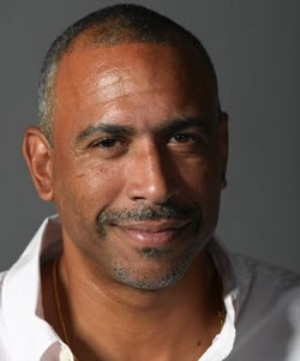
A substantial body of evidence shows that past school reform initiatives have largely failed to improve schools in urban areas. A review of major reforms over the last 30 years indicates that prior efforts did not address the numerous ways poverty influences student academic outcomes and school performance.
Pedro Noguera will present this research and address an alternative model for school reform that examines economic influences on academic achievement at a lecture on Thursday, Feb. 9. The event is 3:30 – 5 p.m. in the Wyatt Center Rotunda on the Peabody Campus and is free and open to the public. A reception will follow the event.
Noguera is the Peter L. Agnew Professor of Education at New York University’s Steinhardt School of Culture, Education and Human Development. As an urban sociologist, his scholarship and research focus on the ways in which schools are influenced by social and economic conditions in the urban environment.
Noguera will discuss a strategy for school improvement that is underway in Newark, N.J., based on the premise that educational reforms must be designed to counter and mitigate the effects of social and economic conditions in the local environment. Noguera says the Newark strategy, which follows an approach that has been pursued by the Harlem Children’s Zone and the Children’s Aid Society, is a model for how schools in distressed neighborhoods might experience success.
“[rquote]Pedro Noguera brings a distinguished record of activism and scholarship on issues of urban schooling with a strong focus on improving the life chances of young black and Latino men in particular[/rquote],” said Rogers Hall, professor and chair of Peabody’s Department of Teaching and Learning. “Pedro’s visit and public lecture provide an opportunity to explore new directions in urban education for scholars, students, educators and community members with similar interests.”
This event is hosted by Peabody’s Department of Teaching and Learning with support from Camilla Benbow, Patricia and Rodes Hart Dean of Education and Human Development, and the Black Migration Symposium, which will be held at Vanderbilt February 10-11.